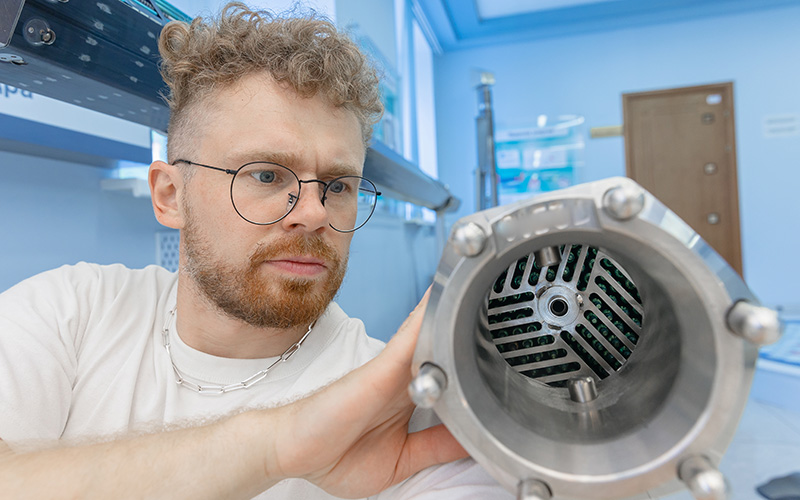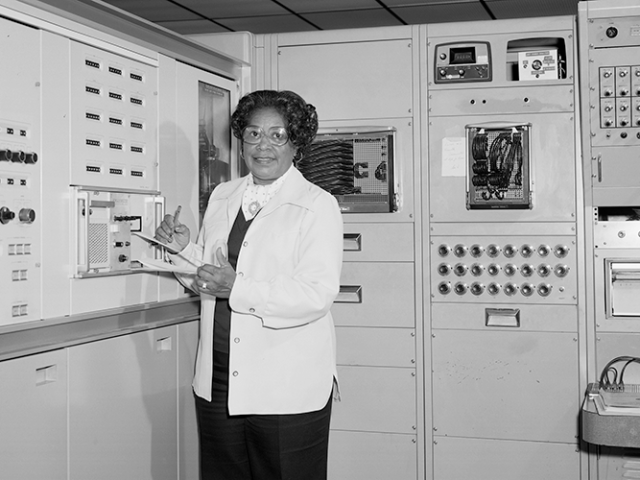In the quest to harness the atom’s power, ever increasing due to the quest for sustainable and innovative energy solutions, nuclear engineering emerges as a pivotal field, blending the principles of physics, chemistry, and engineering to unlock the potential of nuclear energy. A degree in nuclear engineering not only opens the door to understanding the intricacies of nuclear reactions but also equips students with the skills to innovate in energy production, medical treatments, and beyond.
Yet, the sound of anything ‘nuclear’ may scare some would-be students into inertia. Yet, a degree in this field is almost always required to begin working in it. Therefore, this article aims to demystify the journey of obtaining a nuclear engineering degree, delving into the curriculum, the blend of theoretical knowledge and practical experience it offers, and the myriad opportunities it unlocks for graduates.
The foundation of nuclear engineering education
A nuclear engineering degree offers a rigorous curriculum, beginning with foundational courses in physics and advanced mathematics, laying the groundwork for specialised studies. Students delve into nuclear physics and reactor theory, understanding the intricacies of nuclear reactions, neutron physics, and the principles underpinning reactor operations. The program also covers materials science, focusing on the behaviour of nuclear materials and their degradation under radiation. Core modules include thermodynamics, heat transfer in nuclear systems, and nuclear reactor design and safety, where students learn about the construction and operational safety of various reactor types. Additional coursework in radiation detection, nuclear fuel cycle, and waste management provides a comprehensive view of the nuclear energy process, from uranium mining to radioactive waste disposal.
Practical experience is emphasised through laboratory work and simulation projects, allowing students to apply theoretical knowledge in real-world scenarios. Reactor simulation exercises offer insights into core dynamics and operational challenges, while radiation laboratories and materials testing teach students about radiation detection methods and the properties of reactor materials. Capstone projects in the final year challenge students to design, analyse, or improve nuclear systems, synthesising their learning into practical solutions. This blend of rigorous academic study and hands-on experience equips graduates with the expertise to innovate in the fields of energy production, medical applications of radiation, and beyond, readying them for impactful careers in nuclear engineering.
As students progress, they have the opportunity to specialise in areas that align with their interests and career goals. Common specialisations include reactor engineering, where the focus is on designing and managing nuclear reactors; radiation applications, which covers the use of radioactive materials in industry and medicine; and nuclear materials, concentrating on the properties and behaviour of materials used in nuclear reactors.
Advanced studies often involve research projects, where students can contribute to groundbreaking work in fields such as nuclear fusion, radioactive waste management, or the development of new radiation therapies for cancer treatment. These projects not only enhance students’ understanding of nuclear engineering but also contribute to the field’s advancement.
Graduates with a nuclear engineering degree are well-positioned for a diverse range of career paths. They may find opportunities in energy companies, designing and operating nuclear power plants, or in government agencies, focusing on nuclear safety and regulation. The medical field also offers avenues for nuclear engineers, particularly in developing and managing radiation therapies and diagnostic tools.
A degree that powers the future
A nuclear engineering degree provides a solid foundation in the principles of nuclear processes and practical skills essential for addressing real-world challenges in energy, healthcare, and environmental protection. The curriculum covers nuclear reactor design, radiation safety, and radioactive material management, equipping graduates for careers in energy production, regulatory agencies, and medical technology. Through specialised knowledge in areas like reactor operations, policy-making, and radiation therapy development, graduates are prepared to enhance energy efficiency, ensure safety, and improve patient outcomes in their professional roles. The degree’s focus on innovation positions nuclear engineers at the forefront of advancing sustainable energy solutions and medical technologies, meeting the growing global demand for clean energy and advanced healthcare.
The trajectory of nuclear engineering is marked by its potential to drive significant advancements in sustainable energy and healthcare. As the field evolves, graduates will play pivotal roles in developing safer and more efficient nuclear reactors, including exploring fusion technology and small modular reactors. In the medical sector, nuclear engineers contribute to breakthroughs in radiopharmaceuticals and diagnostic imaging, underscoring their vital role in advancing patient care. Thus, a nuclear engineering degree is more than an academic credential; it’s a gateway to a career that contributes to solving some of the most pressing global issues, from energy sustainability to public health, through the innovative application of nuclear technology.




